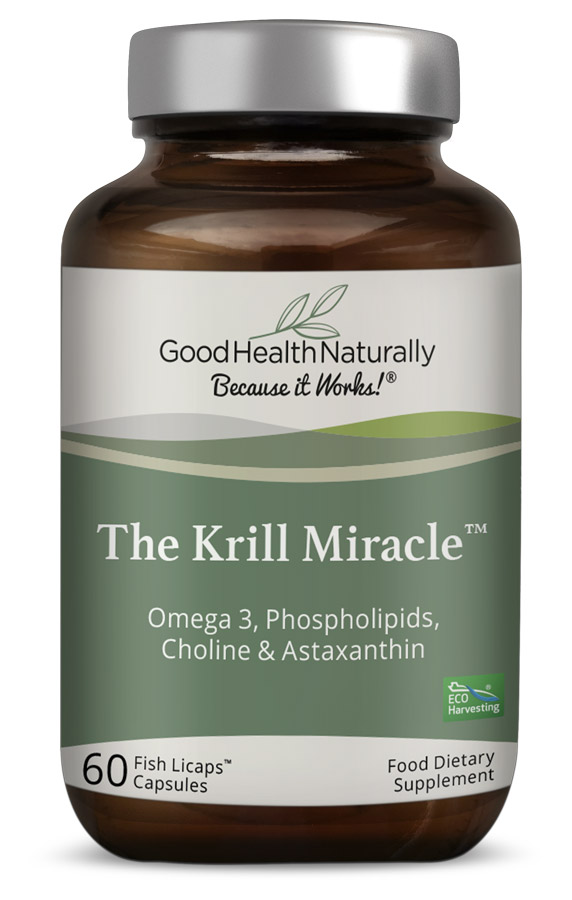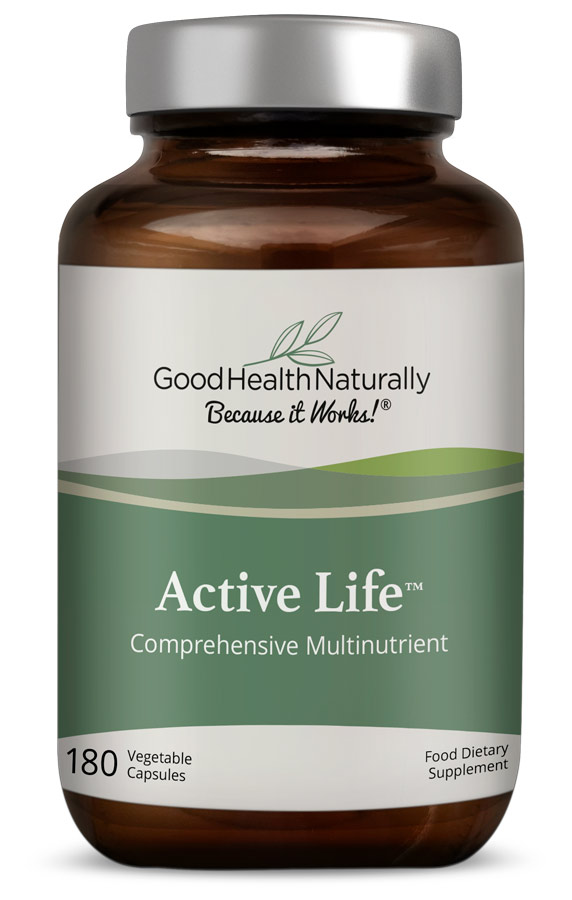As we transition from the vibrant festivities of Halloween into the chill of late autumn, it’s a perfect time to reflect on how our bodies adapt to seasonal changes. Just as the world around us transforms with the seasons, so too does our immune system, ready to face the unique challenges each season brings.
In some parts of the world, spring is just around the corner, inviting a fresh wave of energy and new beginnings. Regardless of where you are, understanding how to support your immune health through these seasonal shifts can help you navigate the changes with ease and resilience.
The Dynamics of Seasonal Immunity
Our immune system is an intricate network that responds to various environmental cues. As daylight hours shorten and temperatures drop, the body undergoes several adaptations to maintain balance. Factors such as exposure to cold, changes in diet, and indoor living all influence immune function.
Interestingly, research indicates that our immune response can vary by season. For example, during the colder months, our bodies may become more prone to infections as we congregate indoors. Conversely, spring brings increased exposure to outdoor allergens, affecting our respiratory health. Understanding these seasonal dynamics allows us to prepare and support our immune systems more effectively.
Nutritional Allies for Seasonal Adaptation
During autumn and winter, certain nutrients become particularly valuable in helping our immune systems adapt to the colder climate:
- Vitamin D: With shorter days and less sunlight, maintaining optimal vitamin D levels is crucial. This vitamin plays a key role in immune modulation and can help bolster our defences. Supplementation is advised to support intake, especially over the darker months.
- Antioxidants: Nutrients like vitamins A, C, and E can help combat oxidative stress, which tends to rise during colder months due to increased indoor air pollution and lack of fresh air. Incorporate colourful fruits and vegetables into your meals to support your body’s antioxidant needs.
- Omega-3 Fatty Acids: Known for their anti-inflammatory properties, omega-3s can help balance immune responses and are essential during colder months when inflammation can become an issue.
The Mind-Body Connection
It’s important to note that our emotional and mental states significantly influence immune health. Some individuals may experience seasonal mood changes as daylight decreases, affecting overall well-being. Maintaining a positive mindset and incorporating stress-reduction practices—like mindfulness or gentle exercise—can support not just mental health but immune resilience as well.
Embracing Natural Rituals
As we embrace the changes of the season, consider adopting simple, nurturing practices to support your immune health:
- Warm Herbal Infusions: Start your day with a cup of warm herbal tea, such as ginger or turmeric, to kickstart your immune system and warm your body.
- Seasonal Eating: Focus on hearty, warming foods that align with the season. Root vegetables, soups, and stews can nourish and fortify your body during the colder months.
- Breathing Exercises: Practicing nasal breathing can enhance lung function and support respiratory health, particularly as we spend more time indoors.
Adapting to Your Environment
Regardless of the season you’re in, your immune system is equipped to adapt. You can enhance your well-being by embracing the changes and incorporating natural, supportive practices.
Whether you’re facing the challenges of winter or welcoming the blooms of spring, remember that your immune health is a dynamic part of your overall vitality.
Here’s to a season of resilience and rejuvenation!
|
Vitamin D3 4000iu |
The Krill Miracle™ |
Active Life™ |
 |
 |
 |




